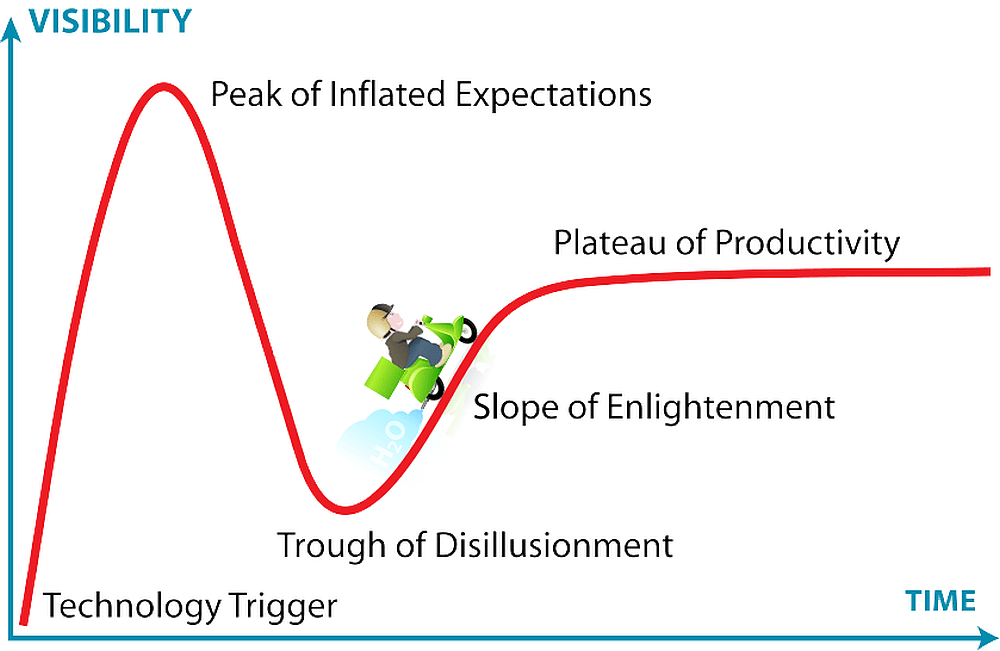While paging through a recent edition of Newsweek, I ran across two articles I recommend as good reading material.
The first is by columnist Ezra Klein, “How much does a gallon of gas cost? A whole lot more than you think.” What’s remarkable is not the concept that gas is underpriced and/or subsidized, but Klein reports on research that comes close to pinning some of the costs down:
“Some of the best work on this subject has been done by Ian Parry, a senior fellow at Resources for the Future. His calculations suggest that adding all the quantifiable costs into the price of oil would increase the cost of each gallon by about $1.23. If you’re worried about global warming, kick that up to $1.88. According to the U.S. Energy Information Administration, the average price of a gallon of gas.”
Klein adds that Parry’s more realistic price point for gas – about $4.60 a gallon – of course still underestimates the true cost, perhaps by a very large amount, because it doesn’t factor in non-quantifiables such as how gas price considerations distort military and foreign policy, environmental impacts on oil-producing nations and oil spill damages. Klein’s point, of course, is that raising the price of gas or oil to something closer to its truer value would make other energy sources more attractive, and if taxes were used to get to the higher price point, then the funds could be reinvested in the alternative energy sources.
The second article I want to highlight is one by Benjamin J. Jones, “Why science needs a nudge from Washington, D.C.” (no link available). Jones, a professor at Northwestern’s Kellogg School of Management, raises two important concerns: The amount of time it takes new scientists to absorb the previous work in their field is growing, and group work is becoming more important in the sciences:
“. . . each new generation of scientists has to wade through so much more preexisting work before making an original contribution that it now takes measurably longer – roughly an additional hear per generation – for a researcher to win a major prize or secure a patent. . . . most papers, projects and patents have become team endeavors because individuals simply can’t grasp all there is to know.”
Jones has some fairly radical solutions:
- Grad programs must advance the most promising grad students through a quicker, more streamlined process.
- To stop defections of science students to other fields, the NSF must provide more money to grad students.
- The Obama administration or Congress needs to establish a new set of distinguished science prizes – something on the order of the Nobel prizes – that reward group science efforts.
Jones’ Newsweek piece is actually an extreme condensation of a 32-page paper he authored under the auspices of the National Bureau of Economic Research. The full-length paper has some fascinating data that looks at the boom in the number of technical papers being published, the number of published papers (and citations) written by team authors versus solo authors comparisons of patent production trends of individuals versus groups and the average age of principle investigators.
CTT Categories
- Market Insights


